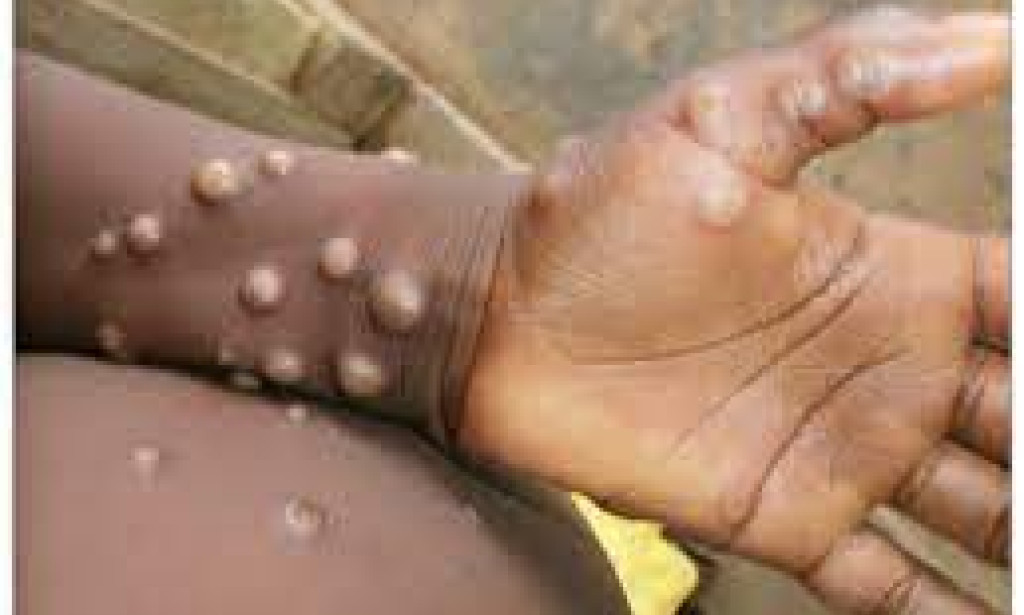Monkey pox is a rare viral disease that is caused by infection with the monkeypox virus. The disease is similar to smallpox, which is caused by the variola virus, but it is typically less severe. Monkeypox was first identified in 1958 in laboratory monkeys, and it was later found to also occur in humans. The virus is transmitted to humans from animals, such as rodents and primates, and it can also spread from person to person through direct contact with the infected person's skin or bodily fluids.
Symptoms of monkeypox typically appear within 3-12 days after exposure to the virus and can include fever, headache, muscle aches, and a rash. The rash typically begins on the face and then spreads to other parts of the body. The rash usually progresses from bumps to blister-like lesions, and it can eventually crust over and form scabs. In severe cases, monkeypox can lead to serious complications, such as pneumonia, sepsis, and even death.
There is no specific treatment for monkeypox, and most people who are infected will recover on their own within several weeks. Treatment is typically supportive, and it may include pain medication, antibiotics to treat any secondary bacterial infections, and fluids to prevent dehydration.
Monkeypox is primarily found in remote parts of central and western Africa, where it is thought to be transmitted to humans from wild animals. The virus has been reported in several countries in Africa, including the Democratic Republic of Congo, Cameroon, and Nigeria. In 2003, there was a monkeypox outbreak in the United States that was linked to pet prairie dogs that had been infected with the virus.
To prevent monkeypox, it is important to avoid contact with infected animals, and to avoid touching the skin or bodily fluids of people who are infected with the virus. It is also recommended that people who are at high risk of exposure to the virus, such as laboratory workers and veterinarians, be vaccinated against smallpox.
In conclusion, monkeypox is a rare viral disease that is caused by infection with the monkeypox virus. The disease is similar to smallpox, but it is typically less severe. It is transmitted to humans from animals and can also spread from person to person. Symptoms of monkeypox include fever, rash, and muscle aches. There is no specific treatment for the disease, and most people will recover on their own. Prevention measures include avoiding contact with infected animals and practicing good hygiene.


You must be logged in to post a comment.